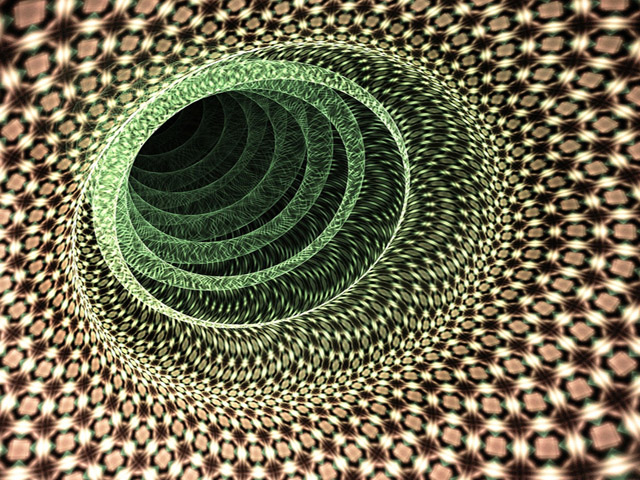
Enlightenment is the stated goal of Buddhism, possibly the only doctrine all denominations share, though variously defined.
As far as I know, all Zen lineages, diverse though we are, uphold the conviction that enlightenment is possible in this life; that it comes irrespective of social and material distinctions; and that meditation is the fundamental discipline of enlightenment practice.
In theory, we also hold our leaders to a "maximum illumination" standard; that is, the teacher must be the most enlightened person in the zendo. The old Chàn chronicles preserve accounts of itinerant peasants summarily unseating exalted abbots in dharma combat. And if that martial art has now mellowed to ritual sparing between genial sanghamates, in those old Chinese records it's presented as deadly earnest.
All of this goes to the strength with which the Ancestors cleaved to a central principle. To wit: if we're going to dropkick the Buddha's explicit orders for an egalitarian sangha, then the brother or sister monk we perch precariously on that perilous peak must at minimum embody awakening.
And it's at this point that we slam smack into the Christian concept of antinomianism.
For among the many commonalities our two religions share is an insistence on the possibility – nay, obligation – of attaining a superior spiritual state in this life. We call it enlightenment, they call it salvation, but though our understandings of those states differ in important ways, our certainty that they exist prompts coreligionists to announce themselves special and demand extra-scriptural privilege.
Specifically, they declare themselves leaders.
And this is where the antinomianism comes in. Because upon their ascension to secular power, two unproductive phenomena abruptly co-arise:
1. Their conduct becomes demonstrably unenlightened.And that second one is antinomianism. You see, it's really very simple: treating others like doormats is the soul of bodhisattva practice. It's just what arhats do, and if you were one, you'd get that
2. They insist this unenlightened conduct is in fact the height of enlightenment; it's just that the sangha are too pedestrian to grasp their higher wisdom.
And there-in lies a crisis. Because it's not.
Not that defining enlightenment isn't hard. How can you tell if a person has attained a state that can't be comprehended, or even defined?
As the ancient Zen joke would have it: how do you eff the ineffable?
I've thought about this a lot. I've scrutinised my own experience; what's happened on the cushion, where my heart moves during and after kensho, what's changed in my personality in two decades of mindful practice.
I haven't become enlightened, but I've grown measurably, and the Buddha said that's evidence of nascent awakening.
So becoming a better person than you were pre-zazen is the test. Are you less judgemental now, more empathetic? Less uptight, more patient? Calmer? More loving, less ambitious?
Has your ego diminished, or inflated? Are you supple or brittle? Do you fret more in social contention, or less?
How do you measure up on the 8 Worldly Dharmas Illumination Indicator?
If these lights aren’t green, why waste your life becoming an even bigger ass than you already are by becoming the boss?
In the end, I've gained one practical insight into the quandary of human limitation:
–––> It's what you do with it.
(NB: Not a new concept on these pages, but a new application of it.)
Annoyance, impatience, disappointment, despair, frustration; what do you do when they happen?
Do you use or manipulate others? Do you make cutting remarks or determine to get even?
Do you apologise when you've behaved in an ignorant, superior, or abusive fashion?
These are universal human challenges, but a moral authority must own and publicly grapple with them. And by this standard, you can see the risk you run to your own practice when you set yourself up as a guru.
Which is why my brotherly counsel is not to.
Of one thing I'm sure: selfish, inconsiderate, preëmptory behaviour is not a sign of enlightenment. And refusing to confess, apologise, and atone afterward indicates you're not even on the road.
It's not that I don't yet know enough about enlightenment.
It's that I know too much.
(Photo courtesy of Unsplash.com and a generous photographer.)



